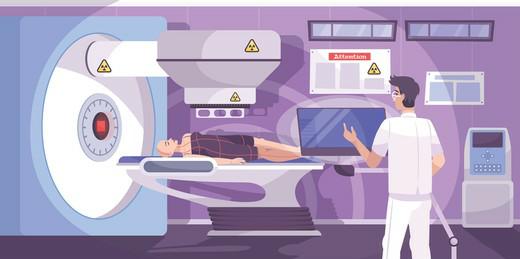
A B.Sc. in Radiotherapy Technology offers a specialized education in the field of oncology and cancer treatment. The increasing prevalence of cancer, the demand for radiotherapy technologists is expected to remain strong. A B.Sc. in Radiotherapy Technology, therefore, offers a rewarding and impactful career path in healthcare, allowing graduates to make a significant difference in the lives of cancer patients. Graduates of this program, known as radiotherapy technologists or radiation therapists, have a promising scope in the following areas:
- Cancer TreatmentRadiotherapy technologists play a crucial role in the treatment of cancer patients. They operate advanced radiation therapy equipment to deliver precise doses of radiation to tumors, helping to shrink or eliminate cancerous cells.
- Clinical SettingsGraduates can find employment in hospitals, cancer treatment centers, and radiation oncology departments. The demand for radiation therapy is steadily increasing due to the rising incidence of cancer.
- Patient CareThese professionals work closely with oncologists and other healthcare providers to develop and implement treatment plans, ensuring the highest level of patient care and comfort during therapy sessions.
- Technological AdvancementsAs radiation therapy technology evolves, radiotherapy technologists must stay updated with the latest equipment and treatment techniques, making it a dynamic and evolving field.
- Research and DevelopmentSome professionals in this field may engage in research to improve radiation therapy methods and technologies or contribute to clinical trials.
- Career AdvancementExperienced radiotherapy technologists may have opportunities for career growth, such as supervisory or managerial roles within radiation oncology departments.
- Patient AdvocacyThese professionals often become advocates for cancer patients, helping them understand the treatment process and providing emotional support.

 9606080651/653/654
9606080651/653/654